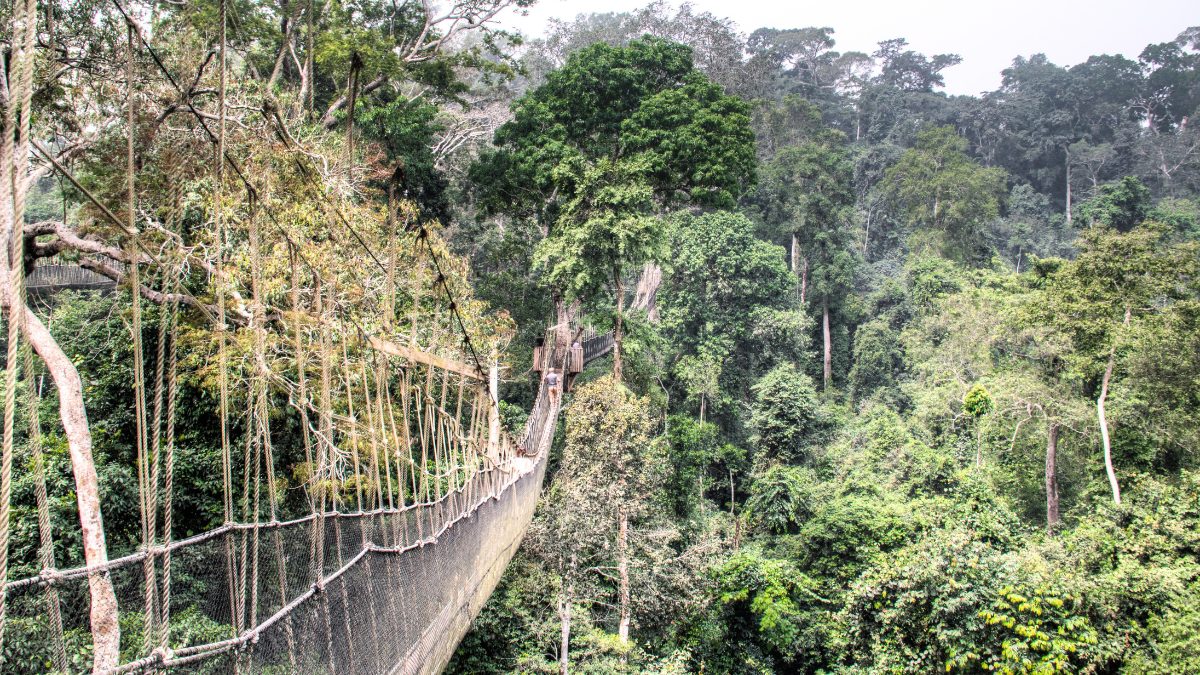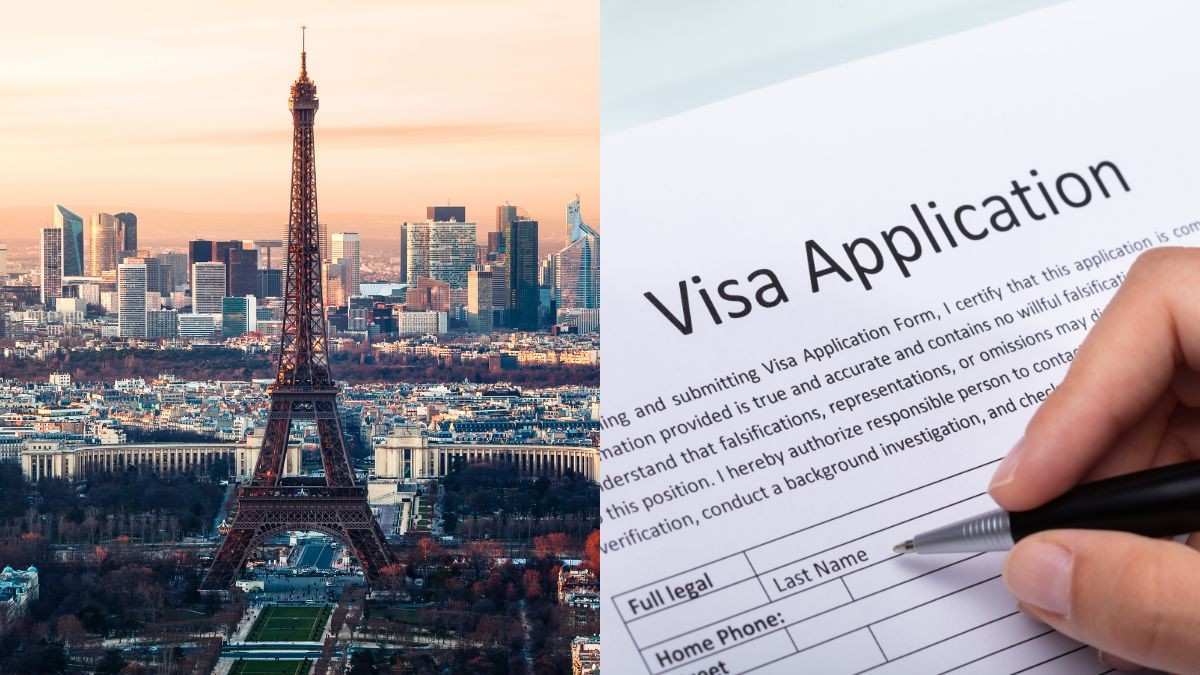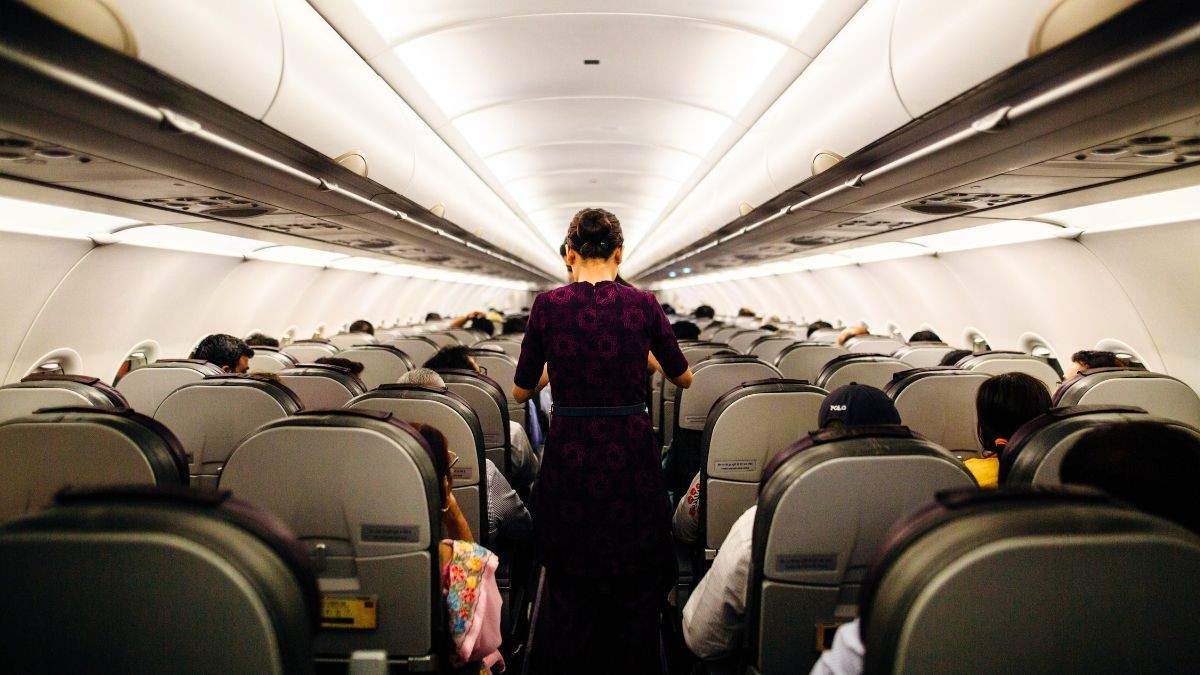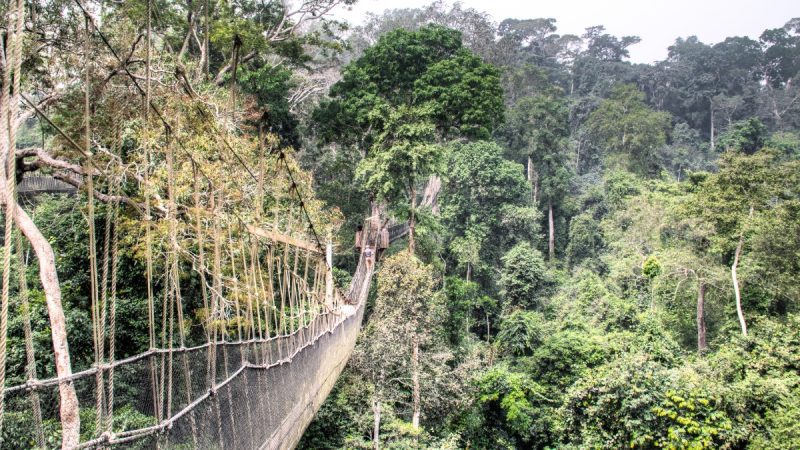In the heart of West Africa lies a treasure trove of natural beauty and biodiversity: Ghana, with its lush forests spanning over 7.9 million hectares, encompassing 35% of its land area. Yet, behind this verdant facade, a silent battle rages—a battle against deforestation, threatening to strip Ghana of its ecological riches. What forces drive this relentless assault on Ghana’s green heritage, and what can be done to stem the tide?
The Battle Against Deforestation In Ghana

Most of Ghana’s forested land consists of primary or naturally regenerated forests, with a smaller portion being planted forests. However, the country faced a significant challenge in 2022 when it lost around 18,000 hectares of primary forest. It marked a troubling 70% increase from the previous year. This spike in deforestation rates made Ghana the leader in forest loss among countries in recent times.
According to The Conversation, researchers from the International Union of Forest Research Organisations highlighted this issue despite numerous efforts towards sustainability, including cocoa standards, corporate commitments, and carbon offset projects. In an interview by Godfred Akoto Boafo of The Conversation Africa, agroforestry researcher John Tennyson Afele shed light on the decline of Ghana’s forest cover.
Several factors contribute to deforestation in Ghana. The foremost cause is agricultural expansion, driven by a significant population increase from 1980 to 2020. This growth has led to a surge in farming activities, even encroaching into forest reserves. Additionally, establishing cocoa farms, as Ghana is the world’s second-largest cocoa producer, contributes significantly to forest clearance. Slash-and-burn methods employed in cocoa cultivation further exacerbate land degradation.
The Fight To Save The Precious Forests

Moreover, the reliance on forests for fuel, particularly in rural areas, intensifies deforestation. Mining activities, particularly illegal operations by small-scale miners known as galamseyers, further degrade forest lands. It especially affects regions rich in mineral resources like gold and manganese. Weak governance and corruption allow illegal logging to persist, threatening valuable timber resources.
The situation in Ghana is dire, with a drastic decline in forest cover over the years. In 2022 alone, the country lost 18,000 hectares of natural forest, resulting in substantial CO₂ emissions. This rapid loss of primary forest makes Ghana the leader in relative forest loss among tropical countries, with far-reaching consequences.
The repercussions of deforestation are extensive. According to The Conversation, they include biodiversity loss, exacerbation of climate change, soil erosion, water scarcity, and threats to livelihoods. Despite various initiatives to combat deforestation, the problem persists due to limited focus on underlying causes, weak governance, and inadequate community involvement.
To address deforestation effectively, Ghana must adopt a multi-faceted approach. This includes promoting sustainable agricultural practices like agroforestry, strengthening law enforcement and governance, engaging local communities in conservation efforts, and ensuring transparent monitoring and evaluation of initiatives. Only through concerted efforts addressing root causes can Ghana hope to mitigate the alarming rate of deforestation.
Cover Image Courtesy: Canva





